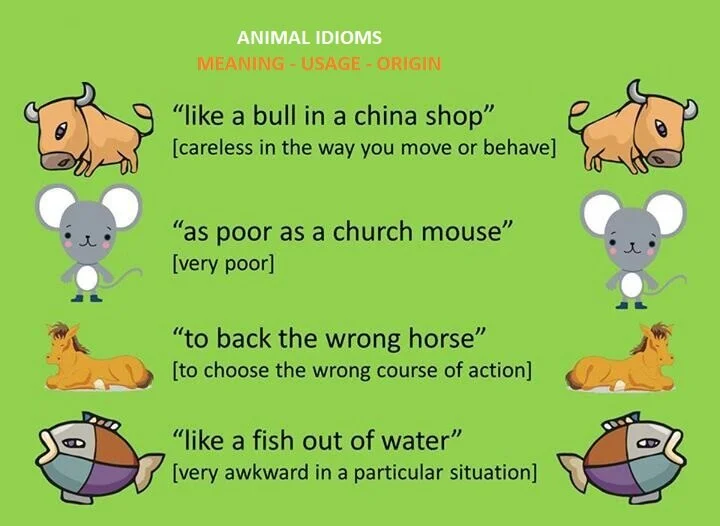Explore a selection of well-known British popular saying and idioms. We will clarify their meanings you in sounding like a native speaker.
What is your English level?
Find out your A1 A2 B1 B2 C1 C2 level of English with our quick, free online test.
The frequently used British expressions
Let’s begin with some commonly heard phrases that you might encounter at a pub, which is equivalent to a bar in most other parts of the world.
Popular British greetings and goodbyes
- Alright?
- Morning/Afternoon/Evening
- What’s up?
- See ya later
- Take care
- Cheerio.
- See ya
- Catch ya later
- Have a good one
- Take it easy
- Ta ta

The most common British sayings about the weather
Exploring British culture reveals a penchant for weather-related phrases, which isn’t surprising given the country’s famously unpredictable climate. Below, you’ll find amusing English expressions and sayings that revolve around the weather or incorporate weather-related terms:
- It’s pissing/chucking it down
- Save it for a rainy day
- Rain on someone’s parade
- Storm in a teacup
- Snowed under
- To take a rain check
- To rain on someone’s parade
- To catch wind
- To take a shine to
- To chase rainbows
British phrases and idioms about animals
The British have a strong affection for their pets, and they boast a significant history of animal-related activities such as hunting and racing. As a result, you’ll frequently come across expressions that incorporate words related to animals. Let’s delve into them.
- Barking up the wrong tree
- One-horse race
- The bee’s knees
- Raining cats and dogs
- Have kittens. …
- All dressed up like a dog’s dinner. …
- A cold fish. …
- Like a bear with a sore head. …
- Not give a monkey’s. …

Are you C1 Advanced English?
Get your C1 Advanced English certificate now!
✓ Add your certificate to your resume
⭐ ⭐ ⭐ ⭐ ⭐
British idioms about food and drink
Many British expressions feature terminology related to food and beverages. Although you may be familiar with these words from your English lessons, you’ve likely never encountered them arranged in this particular manner!
- It’s not my cup of tea
- Takes the biscuit
- The proof’s in the pudding
- It’s all gone pear shaped
- Cool as a cucumber
British slang also includes a plethora of words and phrases that revolve around food and beverages. Check out some of our preferred examples below:
- Brew – Hot drink, such as tea or coffee.
- Biscuit – Cookie. “I’ll put the kettle on and get some biscuits.”
- Brekkie – Breakfast. “Let’s go out for a fry-up brekkie.”
- Chippy – Fish and chip shop. “On Fridays, we get takeaway from the chippy.”
- Crisps – Potato chips. “I’m feeling peckish. Anyone fancy some crisps?”
- Nosh – Food, meal. “This pub has great nosh.”
- Tea – Not just the drink but also dinner or supper. “I’ll put the tea on at 6.”
Becoming skilled in delivering British idiomatic expressions
At this point, you could be feeling a bit bewildered or overwhelmed. We completely understand. There are numerous amusing British sayings, and it can be challenging to determine when and how to use them.
Nonetheless, if you’re feeling adventurous and wish to apply your newly acquired slang, take into account the following suggestions:
- Watch British TV shows and films – If you want to master the delivery of phrases, it’s good to hear them in context first. British media also covers all regional accents and dialects. For instance, Netflix’s Top Boy can teach you modern slang taken from Jamaican patois (e.g., “wagwan”), while the reality TV series Made in Chelsea includes more affluent voices.
- Stay up to date with British social media – Thanks to the popularity of Brits on TikTok, Twitter, and Instagram, there are plenty of ways to get your daily dose of local lingo. As slang is always evolving, this is your best chance at learning the most current words, too.
- Engage in real conversations – We cannot stress this enough! The very best way to learn how to use British sayings in context is to talk to native speakers. They can be friends, language partners, or native tutors. Listen to their way of speaking, intonation, and pronunciation.

What is your English level?
Find out your A1 A2 B1 B2 C1 C2 level of English with our quick, free online test.





